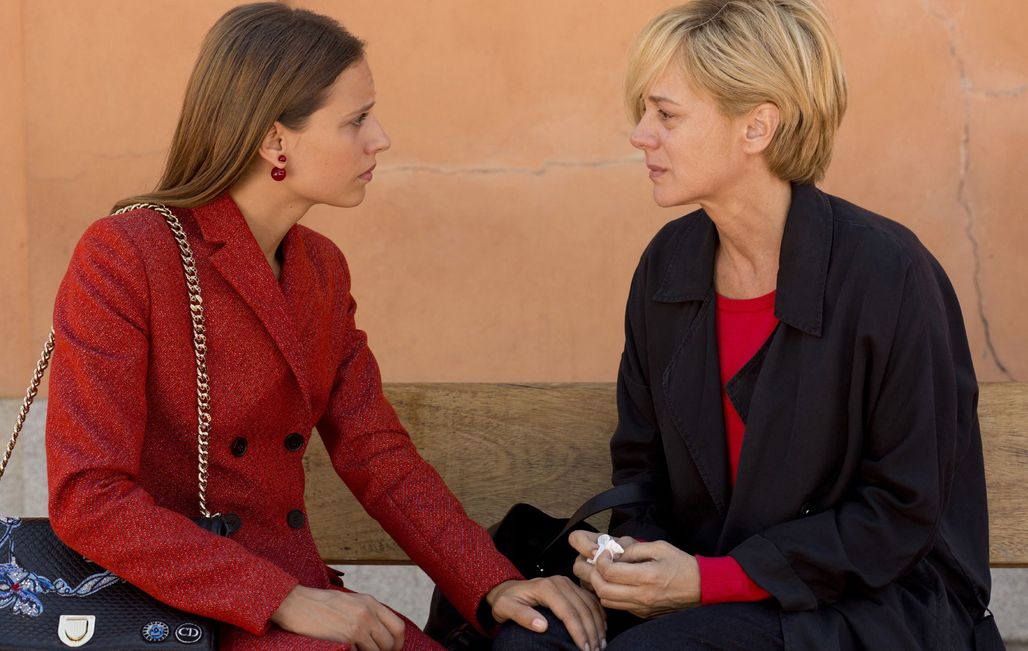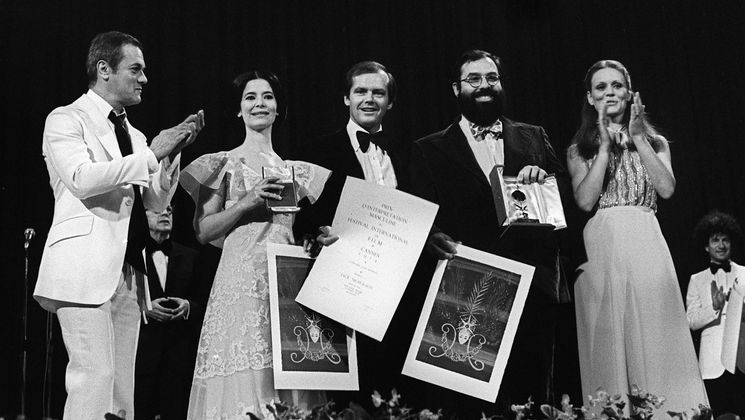
Julieta, or Almodóvar’s silence

Pedro Almodóvar's latest feature film gives off a mysterious aura. Deliberately sober, this "pure" drama studies the character of Julieta, a protagonist inhabited by absence and focussed on the past. This is his sixth film in Competition, after All About My Mother (Todo sobre mi madre), Award for Best Director in 1999, Bad Education (La mala educación) (2004), Volver, Award for Best Screenplay in 2006, Broken Embraces (Los abrazos rotos) (2009), and La Piel que habito (2011).
The film, which was originally to be called Silence, moves away from Madrid-style expressiveness and leaves the space open for things unsaid, through the character played by Adriana Ugarte (Julieta in the 1980s at 25) and Emma Suàrez (Julieta today). The silences are embodied by the new "chicas Almodóvar" with restraint, according to the Spanish director's wish.
By exploring mother-daughter relationships anew in Julieta, Almodóvar once again celebrates eternal femininity. In this film of women marked by the painful absence of the heroine's daughter, "pain becomes the protagonist and silence accompanies it", as Emma Suarez points out in relation to her character. The destiny, guilt, and pain of a mother are etched into this drama, in a serious register that the Madrid-based director explores like a character.
Not only do women give life, but they’re also stronger through enduring, managing, suffering, and appreciating everything life brings. Only fate is stronger than a woman.
His twentieth feature film has new muses and some longstanding accomplices, including Rossy de Palma, as an austere character just this once.
Julieta has its literary origins in three short stories (Chance, Soon, and Silence) from the Runaway collection by Canadian writer Alice Munro, and features an absence of humour and a discreet soundtrack.


